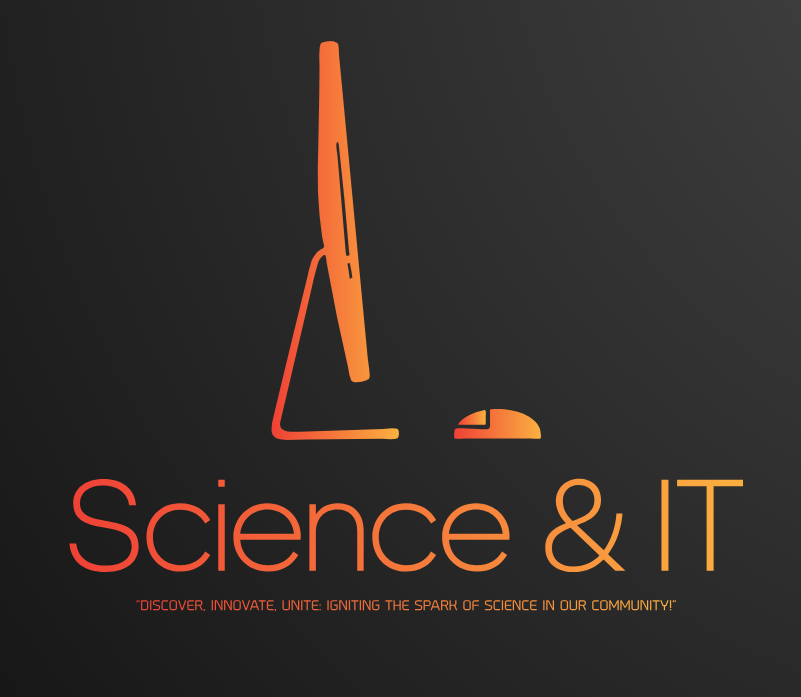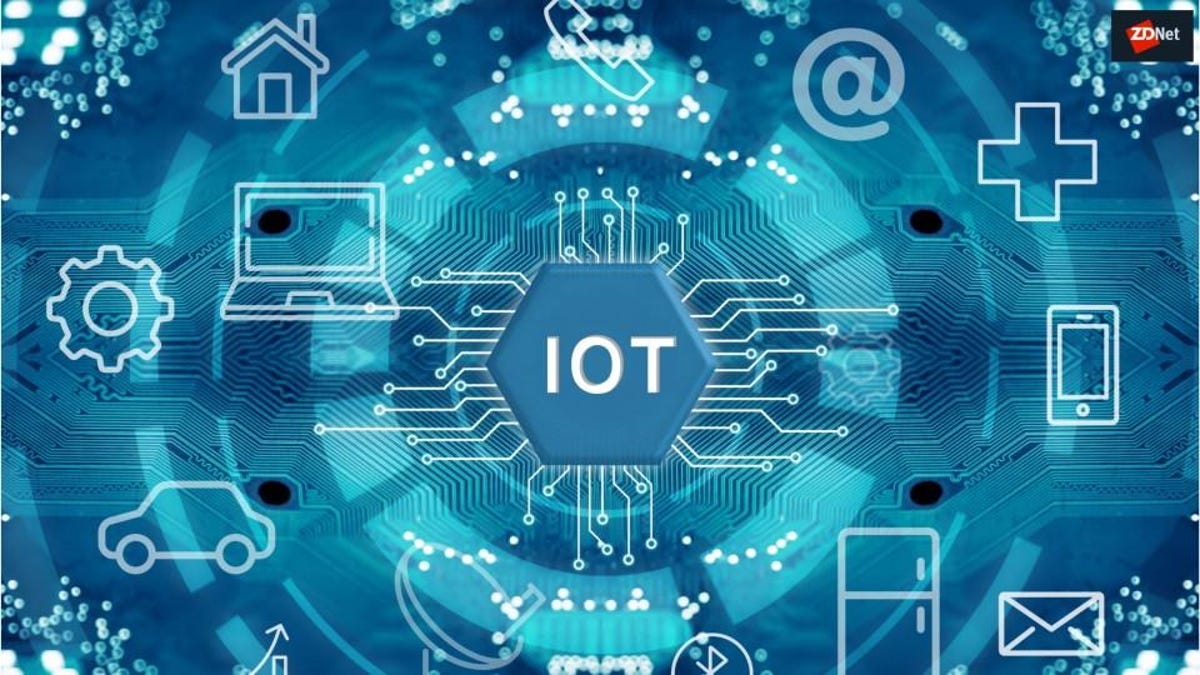The world we live in today is becoming increasingly interconnected, thanks to advancements in technology. One such innovation that has gained significant attention is the Internet of Things (IoT). With its promise of seamlessly connecting devices, objects, and people, IoT has emerged as a transformative force across industries. In this article, we will delve into the concept of IoT, explore its applications, and discuss the impact it has on our lives.
Understanding IoT
At its core, the Internet of Things refers to the network of physical objects embedded with sensors, software, and connectivity, enabling them to collect and exchange data. These interconnected devices communicate with each other, often through the internet, creating a vast ecosystem that can gather and analyze data in real-time. IoT extends beyond traditional computing devices, encompassing everyday objects such as appliances, vehicles, wearable devices, and even entire infrastructure systems.
Applications of IoT
1. Smart Homes: IoT has revolutionized the concept of home automation. With IoT-enabled devices, homeowners can control lighting, temperature, security systems, and appliances remotely, enhancing convenience and energy efficiency.
2. Healthcare: IoT plays a crucial role in the healthcare industry, facilitating remote patient monitoring, smart medical devices, and personalized health management. Wearable sensors can collect vital data, enabling healthcare providers to deliver proactive and personalized care.
3. Industrial IoT (IIoT): In the industrial sector, IoT has brought forth a new era of automation and efficiency. IIoT enables real-time monitoring and optimization of manufacturing processes, predictive maintenance, supply chain management, and enhanced worker safety.
4. Agriculture: IoT is transforming the agriculture industry, enabling precision farming practices. Connected sensors and drones provide valuable data on soil moisture levels, weather conditions, and crop health, allowing farmers to optimize irrigation, fertilizer use, and crop management.
5. Smart Cities: IoT plays a vital role in creating intelligent and sustainable urban environments. Connected systems monitor traffic flow, manage energy consumption, optimize waste management, and improve public safety, enhancing the overall quality of life for residents.
Impact and Challenges
The impact of IoT on society and the economy is profound. It has the potential to optimize resource utilization, improve efficiency, and enhance decision-making processes. However, with this immense potential comes a set of challenges. Security and privacy concerns are paramount, as the vast amounts of data generated by IoT devices need robust protection. Interoperability standards and compatibility between different IoT systems also need to be addressed for seamless integration.
The Future of IoT
As technology continues to advance, the potential of IoT is limitless. With the proliferation of 5G networks, the scalability and reliability of IoT deployments will increase significantly. Edge computing and artificial intelligence (AI) integration will further enhance the capabilities of IoT systems, allowing real-time data analysis and intelligent decision-making at the edge.
Conclusion
The Internet of Things is reshaping our world, empowering us to connect, monitor, and control objects like never before. From smart homes to healthcare, manufacturing to agriculture, the impact of IoT is evident across various sectors. As we navigate the ever-expanding IoT landscape, it is crucial to address the associated challenges and ensure that security, privacy, and interoperability remain key considerations. With continued advancements, IoT has the potential to revolutionize industries, improve lives, and create a more connected and intelligent world.



0 Comments